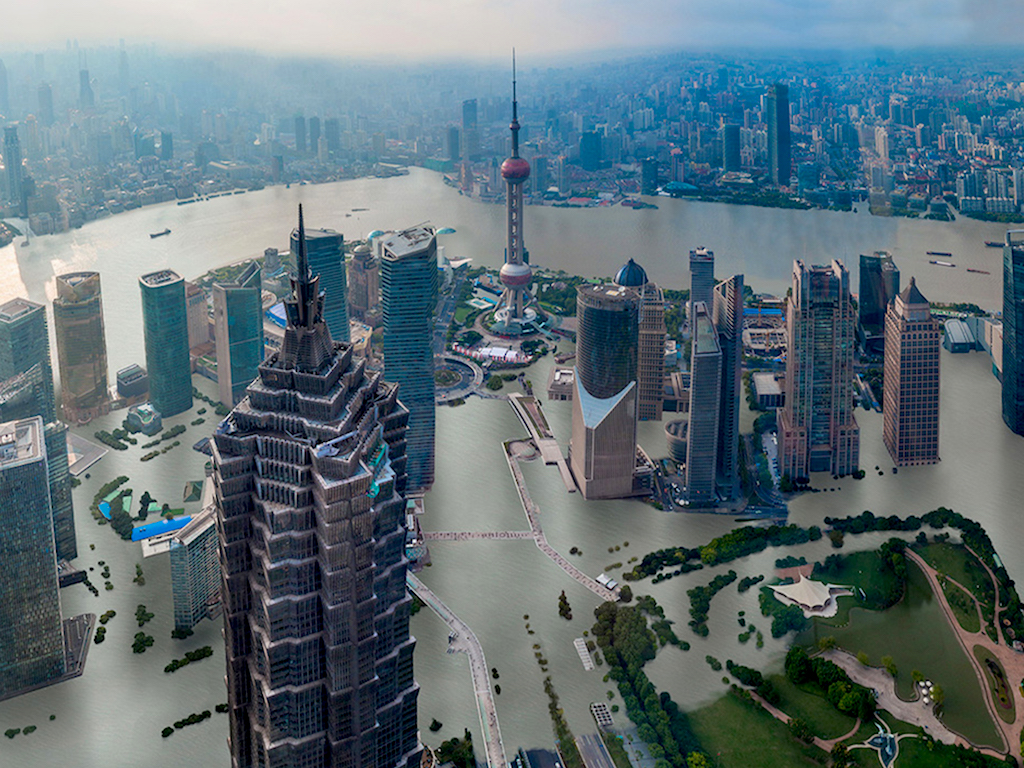2 Mins Read
In a recently released report conducted by Goldman Sachs Global Market Institute, climate change will have devastating impacts on cities across the world, highlighting New York, Tokyo, Lagos and Shanghai amongst some of the worst affected. Not only does the report point to more frequent heatwaves, floods and rising sea levels due to global warming, the analysis predicts that cities are likely to also experience food insecurity and water shortages. This report is the latest of a wave of scientific analyses conducted by international organisations, institutes and company research teams acknowledging the serious risks that climate change will bring on.
In a 34-page analysis, Goldman’s research institute warned of significant risks to the world’s largest cities. One of the core findings of the report is that New York, Tokyo and Lagos are looking at becoming partially submerged due to global warming that will bring the onset of more intense heat waves, rising sea levels and frequent storm surges. The bank also pointed out that Mumbai, Karachi, Dhaka and Shanghai will face major flooding due to being only 11 meters above sea level – crucially, each of these cities have a population of at least 15 million people.
The report additionally highlights how destructive climate weather events will impose huge pressures on the availability and quality of water and agricultural yields to cities across the world. The reduced food security and access to safe drinking water due to natural ecosystem damage will have life-threatening cascading effects, from driving nutritional deficiencies to the spread of diseases, which will affect over half of the world’s population who live in cities.
These findings mirror the recent wave of scientific publications that have stressed the dangers of climate change. The most recent special report by the United Nations IPCC, for instance, has found that over 2 billion will be facing extreme ocean events annually by 2050.
Goldman’s report concludes by advising cities to start investing in adaptation measures now, mirroring the recommendations made by the Global Commission on Adaptation (GCA) for trillions to be invested to build the adequate infrastructure to avoid the consequences of climate change.
It also follows an op-ed penned by senior figures at global consultancy firm McKinsey warning companies of the need to prioritise climate change as a key risk factor in business strategy.
Lead image courtesy of CEO Magazine.




